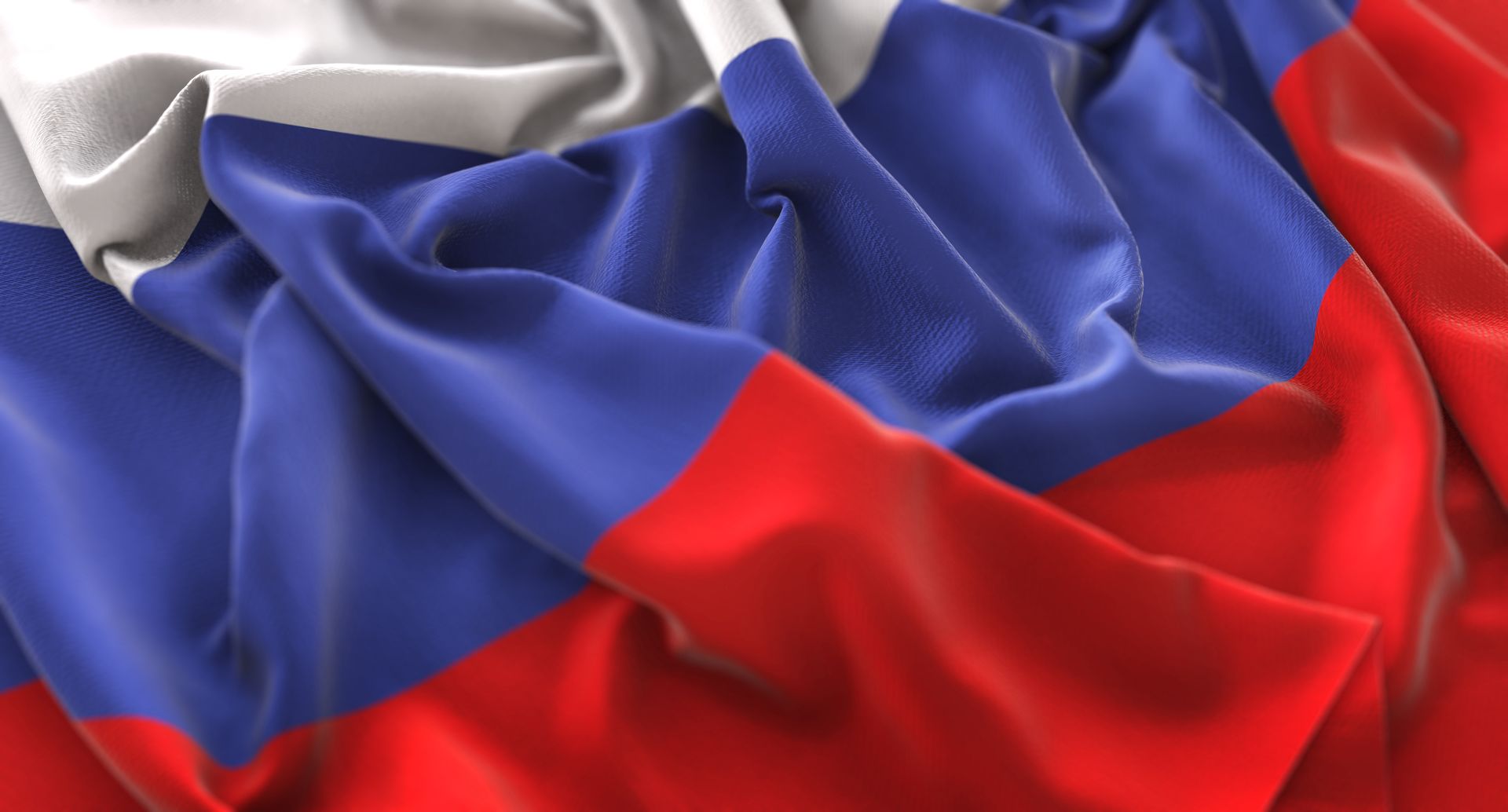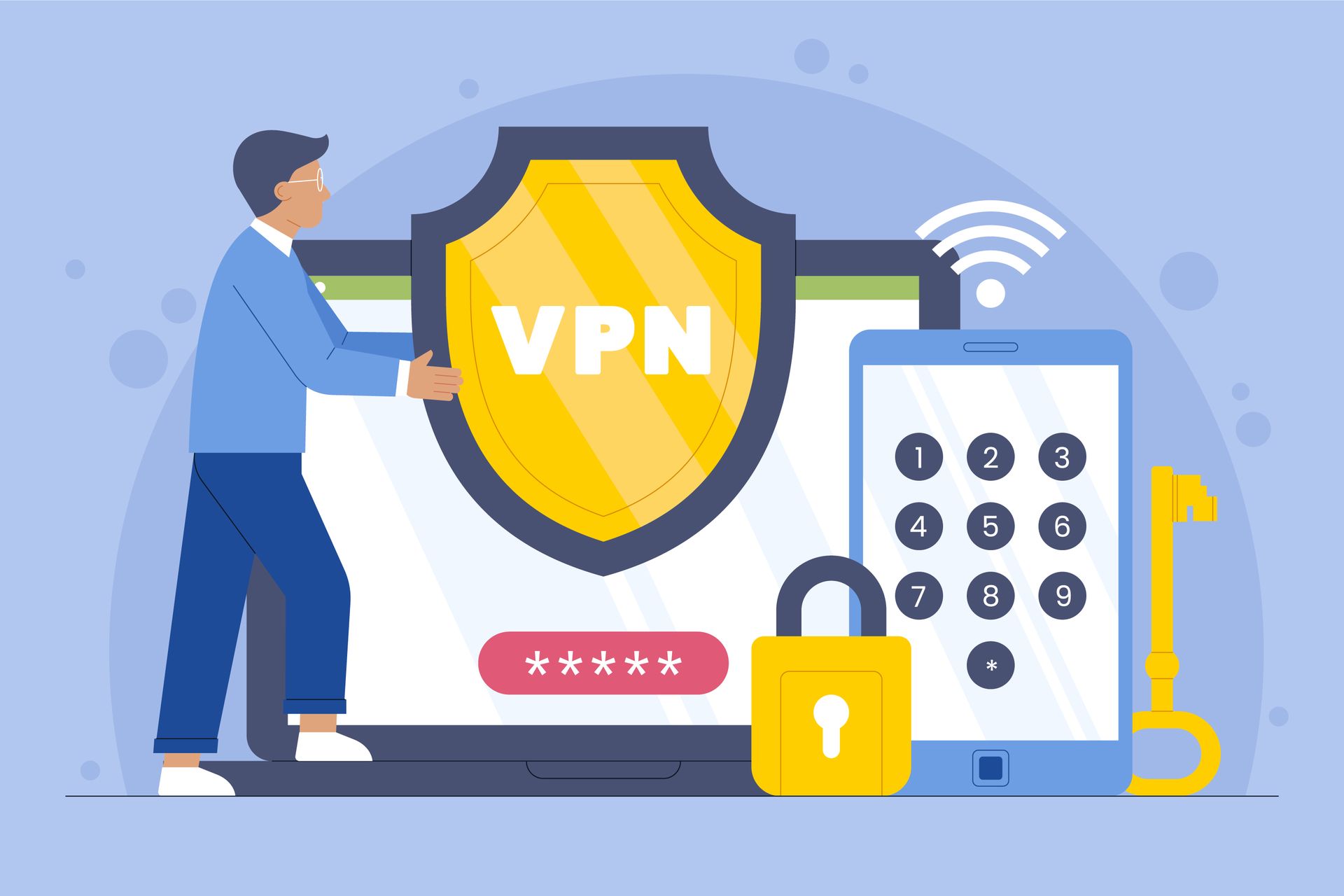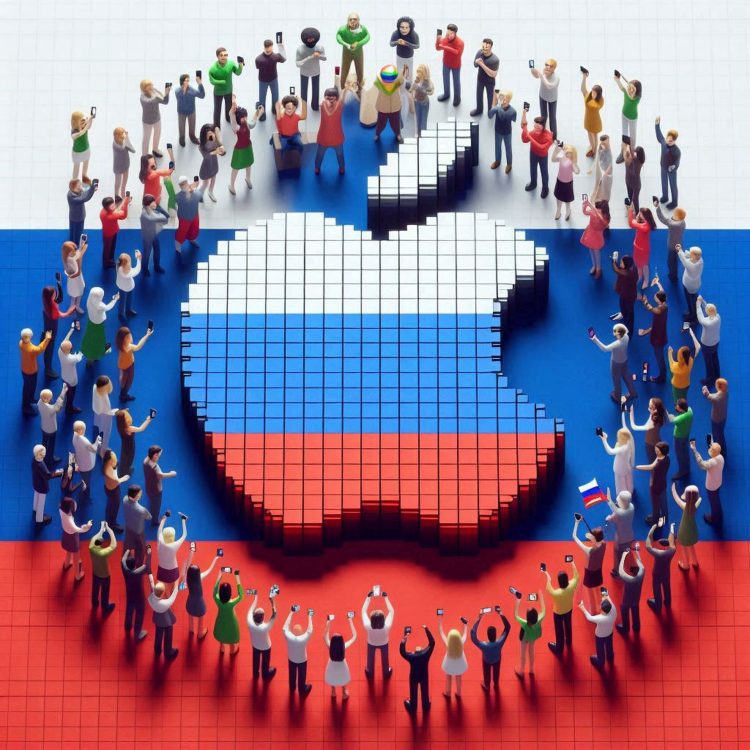Apple’s recent decision to remove several Virtual Private Network (VPN) applications from its App Store in Russia has ignited discussions about digital privacy, government control, and the delicate balance between corporate interests and ethical considerations.
This move, which follows a request from Roskomnadzor, the Russian government’s communications watchdog, highlights the increasing pressure tech giants face in navigating the complexities of operating in countries with strict internet regulations.
Russia’s digital iron curtain
Russia has long been known for its stringent internet censorship policies, often employing a combination of technical blocks, content filtering, and legal measures to restrict access to information deemed undesirable by the government. VPNs have become a popular tool for Russian citizens to circumvent these restrictions, providing a secure and encrypted connection that masks their online activity and allows them to access blocked websites and services.

The removal of these VPN apps from Apple’s App Store deals a significant blow to digital privacy advocates and individuals who rely on these tools to maintain their online freedom. While the specific legal justification for the removal remains somewhat unclear, it is evident that the decision stems from Russia’s ongoing efforts to tighten its grip on the flow of information within its borders.
Apple to satisfy Russia’s demands
Apple’s acquiescence to the Russian government’s demands raises questions about the company’s commitment to upholding user privacy and freedom of expression. While the tech giant has previously taken stances against government overreach in other regions, its actions in Russia appear to prioritize compliance with local laws over the protection of user rights.
The decision has sparked criticism from privacy advocates and human rights organizations, who argue that Apple’s actions effectively enable the Russian government’s censorship efforts.
The removal of VPN apps also highlights the complex challenges faced by multinational corporations operating in countries with authoritarian regimes. Balancing corporate interests, legal obligations, and ethical considerations is a delicate act, and the choices made by companies like Apple can have far-reaching consequences for their users.

Is it legal to use VPN in Russia?
While VPNs themselves are not illegal in Russia, their use is heavily restricted. Only government-approved VPNs are legal, and these are required to block access to websites and content deemed illegal by the Russian government.
Using non-approved VPNs to access banned content is illegal and can carry penalties. However, many Russians continue to use non-approved VPNs to bypass censorship and access restricted information.
The Russian government has been increasing its efforts to crack down on VPN usage, blocking the websites of many VPN providers and disrupting VPN protocols. Despite these efforts, several non-approved VPNs continue to function in Russia, offering users a way to circumvent the restrictions.
Featured image credit: Emre Çıtak/Bing Image Creator





